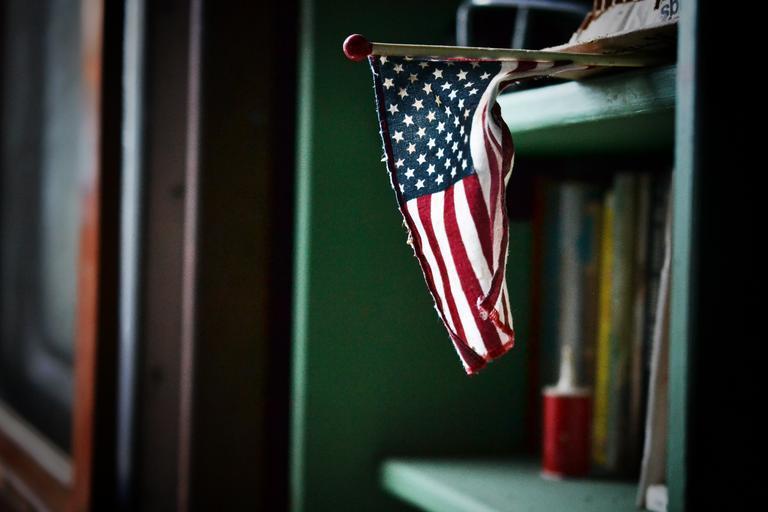“Patriotic Education” is Not Patriotic
Schools are being forced to omit information about controversial historic events that are deemed “unpatriotic” due to the fear of being defunded. Photo via Snappy Goat.
Last week, President Trump announced his plan to sign an executive order to create a “National Commission to Promote Patriotic Education,” also known as The 1776 Commission. This order will inform students on what our President believes to be the founding ideals of the American world, such as “equal justice under law” and will leave out more controversial topics like racism and slavery. With this, he claims that the project will direct educators to “teach our children about the miracle of American history” and reverse the impact that “radicals burning American flags” have had on the minds of young students.
The 1776 Commission runs on the basis that our nation was built on the most “fair” and “moral” ideals, which in turn have led to our prosperity. Yes, there are elements of such; we have come a long way from our prejudices. Women and people of color can vote as of the 15th and 19th Amendments. These steps towards equality should be celebrated in our history and reflect the vital revisions we have made towards developing a more fair world. However, the fact that our founding fathers owned slaves and that articles such as the three-fifths compromise (which is ingrained in our constitution) exist should not be overlooked.
While most of us can agree that it would be nice to have a uniform view of past events, this commission is not the answer. Trump wants to show what he believes is the truth of America, and he is putting in place roadblocks by omitting subjects that have been vital to the development of our nation.
The President has already started to implement “patriotic education” in a seemingly unpatriotic way by threatening to defund California public schools that incorporated the 1619 Project – which “aims to reframe the country’s history by placing the consequences of slavery and the contributions of black Americans at the very center of our national narrative” – into the history curriculum. Trump argued that “teaching this horrible doctrine to our children is a form of child abuse in the truest sense of those words.”
Yes, this perspective of our history can be discouraging and dark, but it should be taught. It is not abusive to inform the youth about the origins of their country. It is immoral to limit what children are able to learn about, especially if it includes the history of the country they reside in. If the young people of America cannot learn about the mistakes and faults that are a part of our nation, how are they to better it in hopes of future prosperity?
The education system is flawed; most people can agree with that, regardless of their political status. Students across the country are taught alternate versions of American history based on the values and beliefs of their school and the surrounding community. The information given varies greatly and very few will grow up learning about the same version of the past. However, Trump’s order will only further this disparity. I want there to be one version of the truth, most do. But we can’t implement the ideal version of the truth, which varies greatly from person to person, as the only version. One person should not be able to dictate and rewrite history to match their personal world view.
It is not unpatriotic to acknowledge that our nation has faults. Being patriotic by definition means “having or expressing devotion to and vigorous support for one’s country”. Running away from the events of the past is not devotion. Devotion and support entail that we understand our faults and we do everything in our power to change them for the better. It is unpatriotic to ignore those faults and leave those impacted with nowhere to turn. Omitting one side of the story that does not reflect the desired utopia of America is not the answer, Mr. President. History, unfortunately, is not black and white like we want it to be and it should not be manipulated to glamorize the development of our nation.

Ruby, a senior at Boulder High, is a first-year member of the Owl and hopes to explore the world of journalism through the eyes of a writer. While she isn't new to this style of writing, she has taken many years off from it and is excited to dive back in. Over the last year, The Owl caught her attention as she continued to read the funny, informative, or controversial articles her classmates had produced the year before. She is thrilled to take on stories in multiple categories of the newspaper and find her strengths in each. While she enjoys writing, you can also find Ruby biking over a mountain, kicking a ball around a field, bingeing a new TV series, or torturing her beloved siblings (they...



Hannah Cohen • Oct 2, 2020 at 2:57 pm
Excellent article! I didn’t even know that this was an executive order- thanks for writing about it.